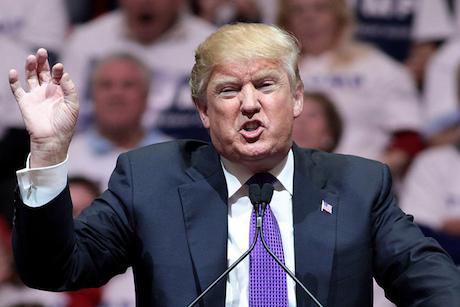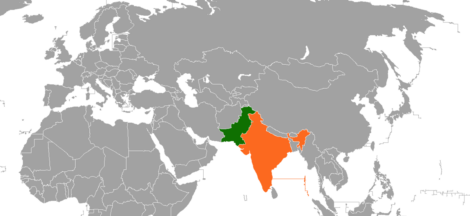President Donald Trump has announced that, starting April 2, the United States will implement reciprocal tariffs on nations imposing higher duties on American imports. This move aims to address perceived trade imbalances and protect domestic industries.
In his recent address to Congress, President Trump criticized countries such as India, China, Brazil, Mexico, Canada, and the European Union for levying significantly higher tariffs on U.S. goods compared to what the U.S. imposes on their products. He emphasized that these disparities have been detrimental to American economic interests and that the new tariffs are a necessary corrective measure.
The President specifically highlighted India’s automotive tariffs, stating, “India charges us auto tariffs higher than 100 percent.” He underscored the unfairness of such practices and reiterated his commitment to ensuring equitable trade relationships.
The announcement has elicited varied reactions domestically. Lawmakers from agricultural states, including Republican Senators Ron Johnson and Jerry Moran, have expressed concerns about potential retaliatory measures that could adversely affect U.S. farmers. They recall the significant losses the agriculture sector suffered during previous trade disputes and caution against repeating such scenarios.
Economists warn that the implementation of these tariffs could escalate into broader trade conflicts, potentially disrupting global supply chains and increasing prices for consumers. The stock market has already shown signs of volatility, with notable declines in major indices following the announcement.
International responses have been swift and critical. Trading partners targeted by the tariffs have condemned the move, labeling it protectionist and threatening reciprocal actions. Such developments raise concerns about a potential escalation into a full-scale trade war, which could have far-reaching implications for the global economy.
Despite the backlash, President Trump remains steadfast in his decision. He argues that the tariffs are a necessary step to rectify longstanding inequities in international trade practices and to safeguard American jobs and industries. The administration believes that these measures will pressure other nations to lower their tariffs, leading to more balanced trade relationships in the long run.
As the April 2 implementation date approaches, businesses and consumers alike are bracing for the impact of the new tariffs. Companies reliant on imported goods may face increased costs, which could be passed on to consumers. Conversely, domestic producers might benefit from reduced competition, potentially boosting local manufacturing and employment.




 Delhi High Court Halts Suspension of 17 JMI Students
Delhi High Court Halts Suspension of 17 JMI Students 